By Dr. Angela Gala (adapted from Supplements blog by Emerson Ecologics)
In our daily lives, many circumstances We’ve all been there–finding a slimy piece of paper tucked under our windshield wiper or being on hold for a customer service representative.
However, other factors can affect your mood: the foods you eat.
Could the Food You’re Eating Be Making You Miserable?

Visualize how you feel after consuming a big bowl of pasta or any other hearty dish. Do you feel more energetic and alert or slow and drowsy? Alternatively, have you ever experienced being “hangry,” where not having enough food for too long can make you impatient and short-tempered?
The food we eat significantly impacts our mood and wellbeing, whether they be foods that lift our mood or have the opposite effect.
The food we consume affects the neurotransmitters our brain produces,which in turn dictate how we feel. For example, serotonin helps us relax, while dopamine can help increase focus. The foods we eat play a role in our moods, as the nutrients in these foods are used by our brains to create neurotransmitters. These neurotransmitters then help regulate and improve our moods.
However, if we do not give our brains the food they need to function properly in creating a balance of neurotransmitters, we can experience negative mood swings and bad day after day.
Consuming foods rich in omega-3 fatty acids, such as wild-caught salmon and avocado, can improve our moods. However, consuming low-quality food actually has negative consequences for your brain health.
For instance, psychologists have tabulated data that demonstrates how ultra-processed foods (e.g. fast food, junk food) are linked to depression and other emotional disorders such as anxiety or aggression.(1, 2, 3)
Consuming foods high in added sugars can cause spikes and crashes in blood sugar levels, which can lead to headaches and irritability.
10 mood-foods to avoid, and healthier options
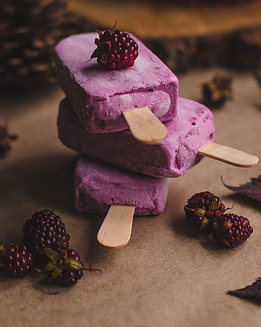
So while you’re hopefully already skipping the drive-thru and turning your nose up at value meals, some bad-mood foods might surprise you.
You might want to consider eating feel-good foods more often if you experience negative emotions frequently and drink or eat any of the following.
1. Agave nectar
In the throes of the high-fructose corn syrup crisis, agave nectar emerged as a healthier option. It is sweet and naturally derived from plants, making it appealing to market to diabetics who need to monitor their sugar intake.
People began using agave nectar in the kitchen, from drizzling on pancakes to sweetening up desserts.
But is agave nectar good for you? No!
Agave juice goes through a harsh process that renders it virtually devoid of nutritional value. What you’re left with is fructose, which does not make its way to the bloodstream but rather stays in the liver.
In fact, agave nectar has the highest fructose content of any commercial sweetener you can buy, including high-fructose corn syrup!
The high amount of fructose in agave syrup can put you at risk for developing metabolic syndrome, which is a combination of obesity, high blood pressure, and insulin resistance. All of these conditions together generally result in a negative mood.
Good mood food alternative: Raw honey is a terrific swap if you want to sweeten things up.
Did you know that Manuka honey has several health benefits? You can also opt for locally-produced honey and organic 100-percent maple syrup.
2. Alcohol

For some of us, alcohol is more present than we realize. It might be a glass of wine to relax after work or drinks with friends to start the weekend. If you’re feeling down recently, it may be time to consider how often and how much alcohol you’ve been consuming.
Although alcohol (especially red wine) in moderation has health benefits, overindulging can quickly result in negative consequences like headaches and nausea that last long after the effects of the drink have worn off.
As you drink your beverage, you might feel happier, but alcohol is actually causing your brain to produce hormones that lead to more stress and anxiety. Alcohol is a depressant, which in turn affects serotonin levels- our “happy” hormone. This effects the nervous system as well, and can quickly lead to negative consequences such as feeling down or agitated.
If you want to feel better while still enjoying the occasional alcoholic beverage, follow these tips.
Drink only red wine and limit yourself to two glasses per week. You can also try gluten-free alcohol or switch to drinking fermented cold drinks like kombucha or kvass, which are rich in probiotics.
3. Added sugars and artificial sweeteners

Just because it tastes good doesn’t mean it’s always best for us. In large dosages, sugar can be addictive and send our minds and bodies into a tailspin. Something that starts off providing a high and then causes an inevitable crash can increase feelings of anxiety, irritability, and depression. It can also make it difficult for the body to fight stress, making it hard to relax.
Although naturally occurring sugars are usually not harmful, the added sugars found in many food products can be bad for your mood. Even some unsuspecting foods like yogurt, granola, condiments, and bread contain these dangerous additives. Be sure to check labels and avoid eating too much of these processed foods.
Not only are artificial sweeteners bad for you, they’re everywhere. From chewing gum to no-calorie water and toothpaste, these chemicals are in lots of products we use every day. Side effects from using these products can include headaches, mood disorders, dizziness, and migraines — and that’s just how they affect your mood!
If you’re looking for a good mood food alternative, try one of the many sugar substitutes available. There are several natural options, like raw honey and stevia, or you could go with something sweeter like maple syrup or coconut sugar. Blackstrap molasses is also a great option. Experiment until you find the best substitute for each recipe or your needs.
4. Margarine and other “butter-like” substances

With the influx of “healthier” options on grocery store shelves, it’s difficult to discern which product is best for you. Products that were once unhealthy are now being made with a variety of different oils and tout themselves as healthier spreads. It can be incredibly overwhelming to make a decision.
However, when it comes to finding foods that will make you content and are also good for your wellbeing, it’s recommended that you stay away from these types of smooth, butter-like substances. These usually contain fats which lead to inflammation and have high levels of omega-6 fatty acids, which compete with and block out omega-3 fatty acids, natural mood enhancers, which mess with your mood and your insulin levels. And just because they say they’ve been made with olive oil does not make them better for you!
If you’re looking for a good mood food alternative, stick to the basics and choose grass-fed butter. If you’re going to be cooking with it, ghee is also a great choice because it has benefits that rival butter, especially when it comes to cooking at high heat — its smoke point is 450 F.
5. Coffee

Not only is coffee packed with antioxidants, but research has shown that it can also help prevent cognitive decline. No wonder we all love starting our mornings with a cup!
If you’re chugging multiple cups a day or find that your mood has taken a turn for the worse, it might be time to lay off the coffee. You could be experiencing a caffeine overdose and doing more harm than good.
The caffeine in coffee impacts our mood by changing hormone function, neurotransmitter acti,vity and nerve signaling. This can make you feel bad by speeding up your heart rate and making you jittery. Not having coffee one day can result in caffeine withdrawal symptoms such as headaches, fatigue, and a loss of energy for coffee addicts.
A healthier alternative to coffee is green tea. Not only will it help you age healthily, but it also has less caffeine than coffee does.
6. Cocktail mixers
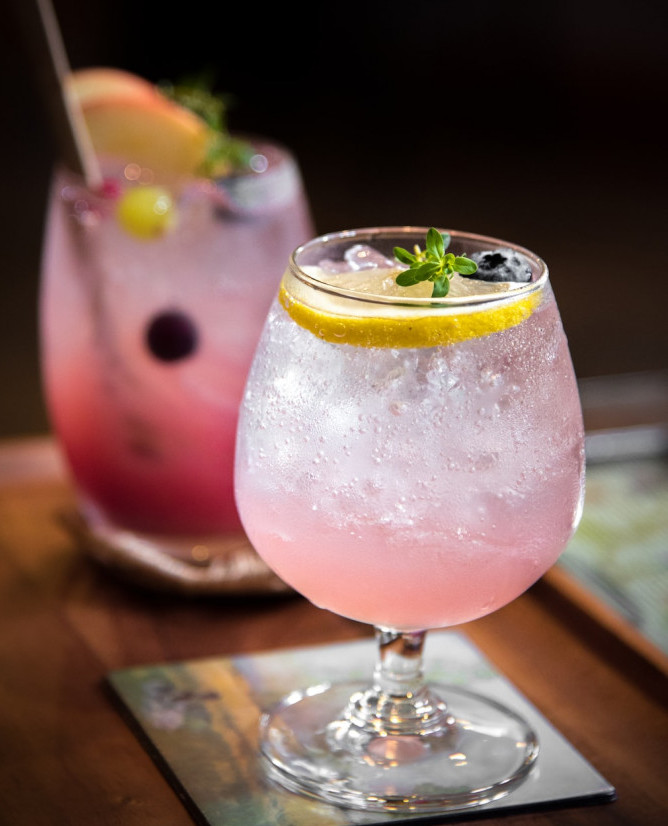
Home bartending is not only more convenient, but also healthier and cheaper since you can manage how much alcohol goes into each drink. However, if you make your cocktails with premade mixers, it’s not as healthy as you might think.
If you want to avoid a hangover, steer clear of those “just add alcohol” mixers- they’re full of sugar. The same goes for fruit juices, which often contain more sugar than people realize.
In reality, as far as their effect on your body goes, cocktail mixers are pretty similar: You’ll get a sugar high and an energy boost at first, but that will be followed by a sugar crash that can make you feel grumpy, tired, or irritated.
Not only is this dangerous, but since you’re consuming alcohol while taking these pills, you might be tempted to keep drinking in order to feel better.
Good mood food alternative: If you’re in a situation where you’ll definitely be drinking, skip these mixers and opt for healthier alcohol choices, like red or sparkling wine, dark beer or vodka with soda water, and fresh lime juice.
7. Deli meats

Not only should you avoid processed meats like hot dogs and bologna, but check the packaging on your poultry from the deli as well.
Too often, these sorts of products are laden with fillers and other unnecessary ingredients like preservatives, sugar, and salt. The results? Migraines, bloating, mood swings and even swollen ankles – yuck.
The animals these cold cuts come from might have been given antibiotics if you’re not buying organic, which means that those same chemicals will end up in your body. Keep in mind that you are what you eat!
A healthier and cheaper alternative to deli meats is making your own roasted chicken. By doing this, you can avoid processed foods that often have fillers or added nitrates. You can use the homemade roasted chicken in sandwiches, salads, and any other dish where you would typically use deli meat slices.
8. Egg whites

I’m a fan of eggs because they’re an inexpensive, high-quality protein that’s readily available. So why are egg whites on my naughty mood list? Because when you get rid of half the egg, you’re also eliminating most of the food’s benefits for enhancing moods.
Eggs are full of nutrients our bodies require, like protein, B vitamins, and choline. They’re also great for supporting brain health and keeping our moods balanced. Because they’re natural, you avoid the nasty extras that come with processed foods, like sodium, sugar, additives – and all of the crazy moods that those ingredients bring along for the ride.
But all of the good stuff is found in the yolks, not the whites. If you’ve been skipping them, you’re missing out on all of the delicious nutrition.
A good mood food alternative is to eat the whole egg! This includes the yolk and the whites. It’s important to choose organic, free-range eggs because they come from happier chickens and are better for you than conventionally raised eggs.
9. Non-organic fruits and veggies
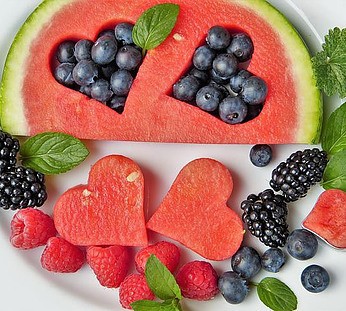
You are probably aware that you should be eating more fruits and vegetables, but did you know that some non-organic produce might contain neurotoxins?
If crops have been sprayed with chemicals like atrazine or Monsanto Roundup, there is a chance you’re consuming some of those same toxins. These pesticides have linked to mental health problems in addition to cause vitamin and mineral deficiencies. Both are essential for maintaining stable moods.
Consuming genetically modified fruits and vegetables can also damage your gut flora. The connection between the gut and brain is very strong, so a gut that’s not healthy can lead to mood swings and disorders.
Better alternatives for good mood food: Buy organic whenever possible. Lower your food expenses by opting for the organic version of produce on the so-called dirty dozen list. These are the twelve items most contaminated with pesticides.
You can also find good deals on organic and GMO-free produce in season by shopping at your local farmers market. You can learn more about the conditions crops are grown under by speaking to producers there as well.
10. Salted nuts and seeds
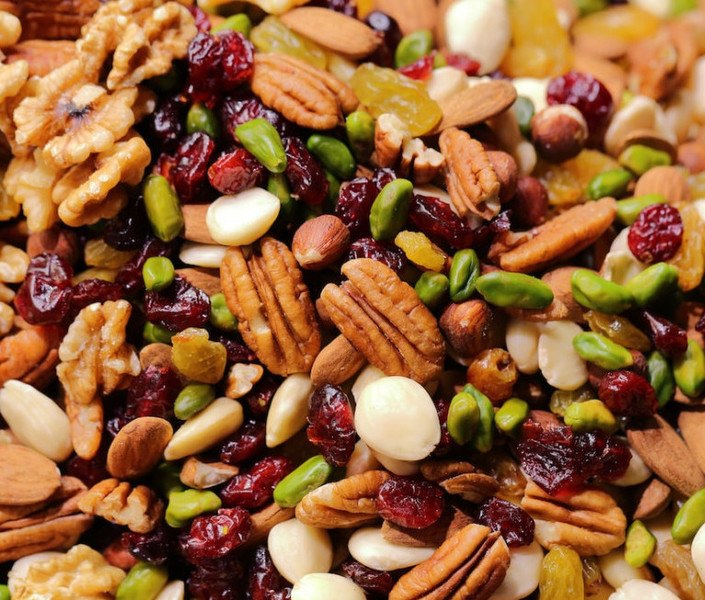
Including nuts and seeds in your diet is an excellent way to consume vital nutrients, including omega-3s. If you don’t eat fish, this can be a great means of getting those important nutrients into your system. However, the commercially available roasted and salted varieties aren’t the best options.
GMO ingredients aren’t healthy, and you’ll often find them in pre-seasoned nuts. Vegetable and canola oils contain GMOs, so it’s best to avoid these types of nuts altogether. In addition, many packaged nuts have additives that are hard to pronounce and full of sodium. Eating too many salty foods can cause mood swings and headaches.
Try spicing up your food with some good mood foods! Purchase raw nuts and seeds, like cashews. Then you can take them home and add on seasonings (I love Cajun spice!) or roast them to top your yogurt or other foods.
Summary
- The foods you eat can definitely affect your mood. Bad mood-foods are those that contain chemicals that mess with your brain and blood sugar levels, making you more likely to feel cranky or down.
- The foods we consume can result in mood swings, headaches,, and sugar lows.
- abstinence from alcohol, foods with added sugars, or other ingredients and a diet of whole foods as much as possible helps maintain equilibrium in your mood and keeps you level-headed.
- There’s always a delicious alternative!



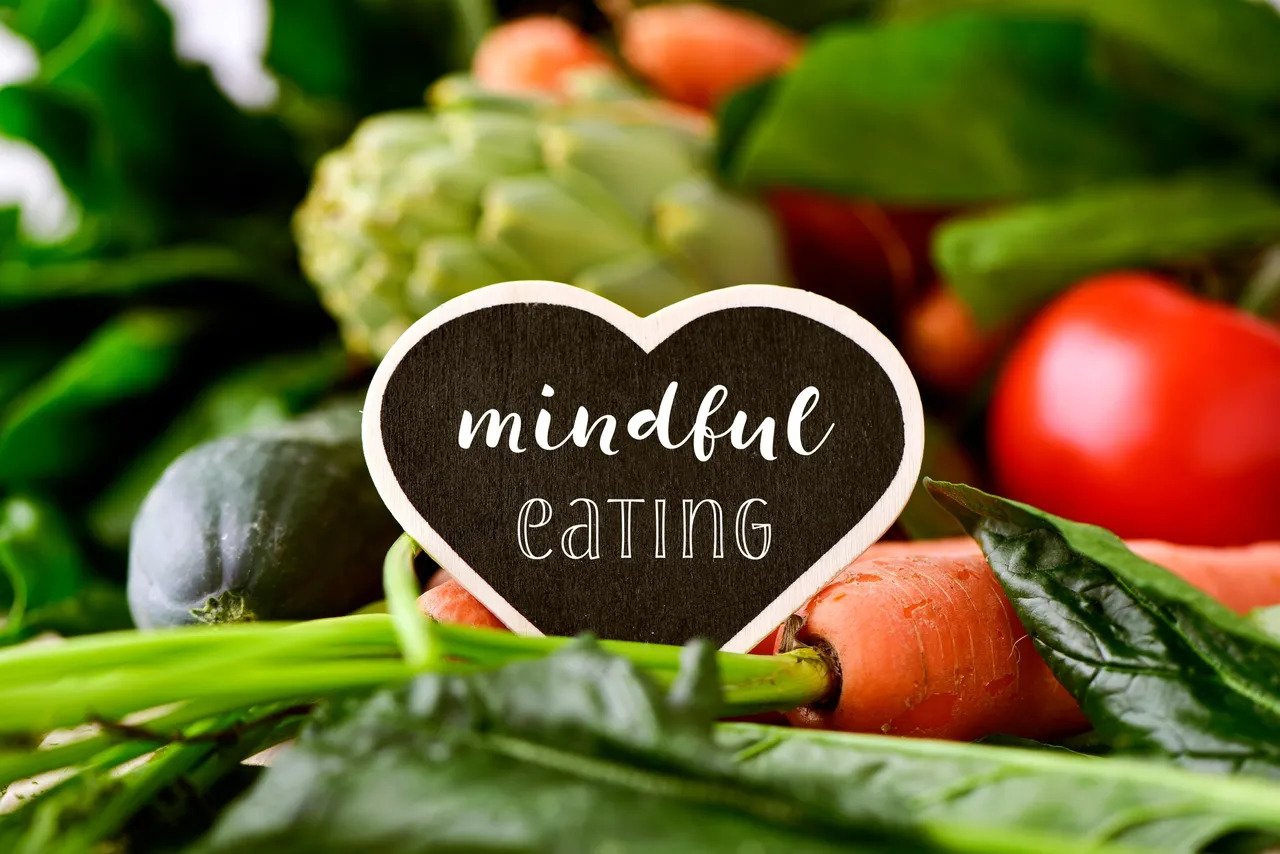



You’ve constructed quite a brilliant post Dr. Gala. I’m always happy to hear from a professional about how food effects my body. I’ve more recently started working out and cutting out bad food and I can tell you, before reading your article I could tell changing my diet changed everything. I’ve felt so much better recently. My energy and mood has increased dramatically!
And inversely, the last couple days I’ve eaten overly processed food and your right, I do feel slightly more depressed from it. But I have to say, I’m allergic to tree nuts. Is there another alternative to the nuts that you presented that I may be able to add into my diet?
Thank you for your kind words, Steven. I’m glad our article was able to help you better understand how food affects your mood and body.
We would be happy to explore other dietary options with you that fit your allergies. Please feel free to reach out to us at drgala@dragalacoaching.com, and we can provide more personalized guidance.
I agree with you in totality. The food we eat affects our mood. I have experienced it for some while with sugar, especially when I take drinks requiring sugar additives. Thank you for pointing out some natural sources of sugar. Especially honey, my challenge has been to find original raw honey. In my environment, there are a lot of impure forms of honey.
Thank you for your insightful review, Parameter. I couldn’t agree more that the food we eat has a significant impact on our moods. In fact, I’ve experienced this firsthand myself and it’s why I’m so passionate about sharing this information with others.
I’m glad you appreciate the points I made about natural sources of sugar and honey in particular. It’s important to be aware of these options and to make the best choices for our health and well-being. Thank you for taking the time to read my blog post and share your thoughts here.
I find this post very enlightening, thanks for sharing, Dr. Gala!
I can attest to the truthfulness of what you said that the foods we consume can affect our mood. There have been times when I wanted to eat a specific meal for breakfast but had to opt for something else because it was not available. As a result, I felt terrible all day and my colleagues knew right away why.
I also love to start my day with a cup of coffee as it always makes me feel good throughout the day.
I like your recommended good mood food alternatives because they are healthier and cheaper. I enjoy fruits and nuts; they’re my go-to snacks in the office as they also help me feel great. ☺ You see, when it comes to the food I stuff into my body, I am very conscious.
Health is wealth indeed!
Thank you for your kind words, Alice. We’re happy to have you as a reader and hope you’ll find our content helpful and informative.
It’s great to hear that you can relate to the information we shared in our post. Food has a profound effect on our moods, often without us realizing it. It’s wonderful that you take such care in choosing what goes into your body and that doing so positively impacts your day-to-day mood. Thank you for sharing this with us!